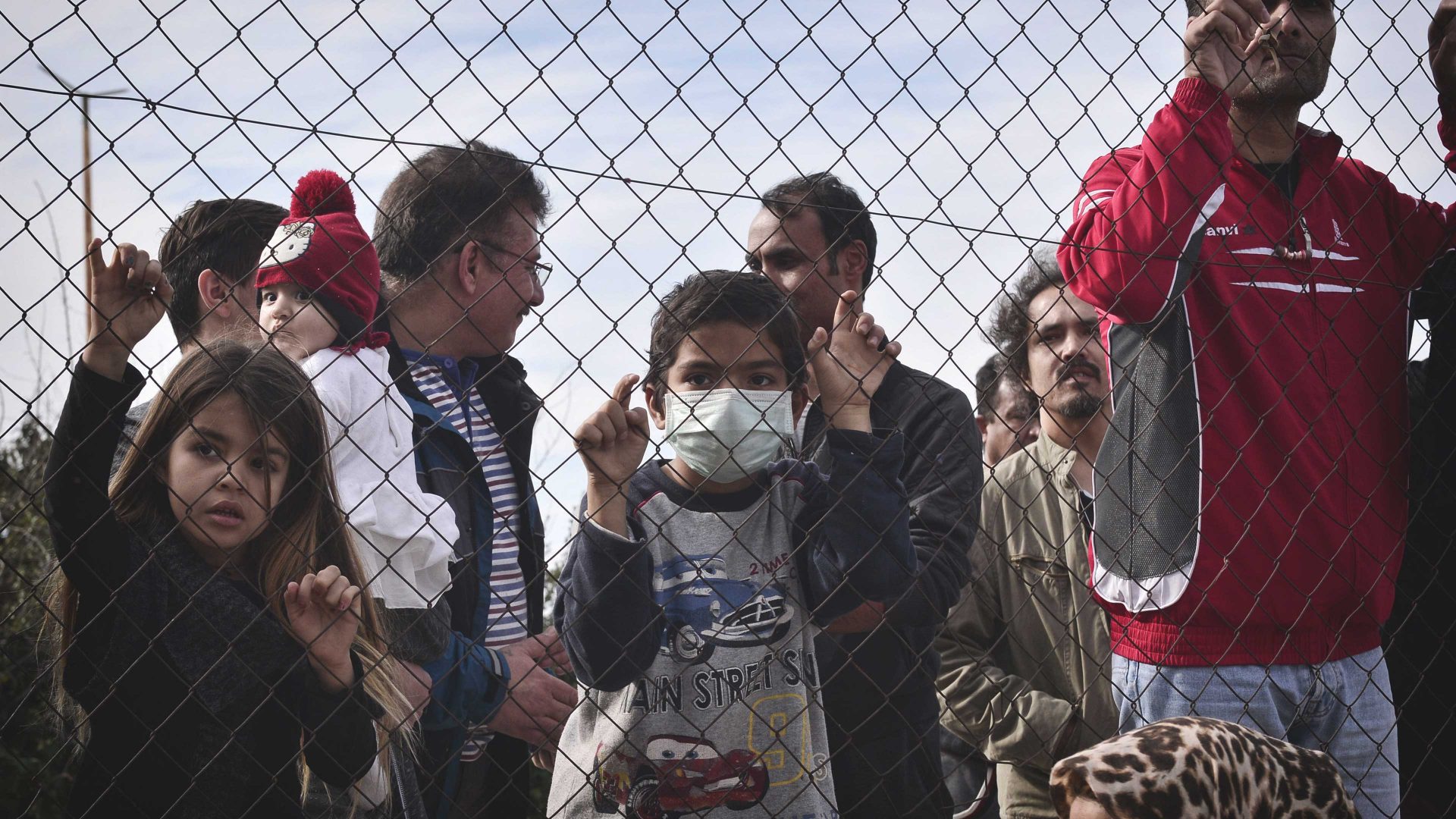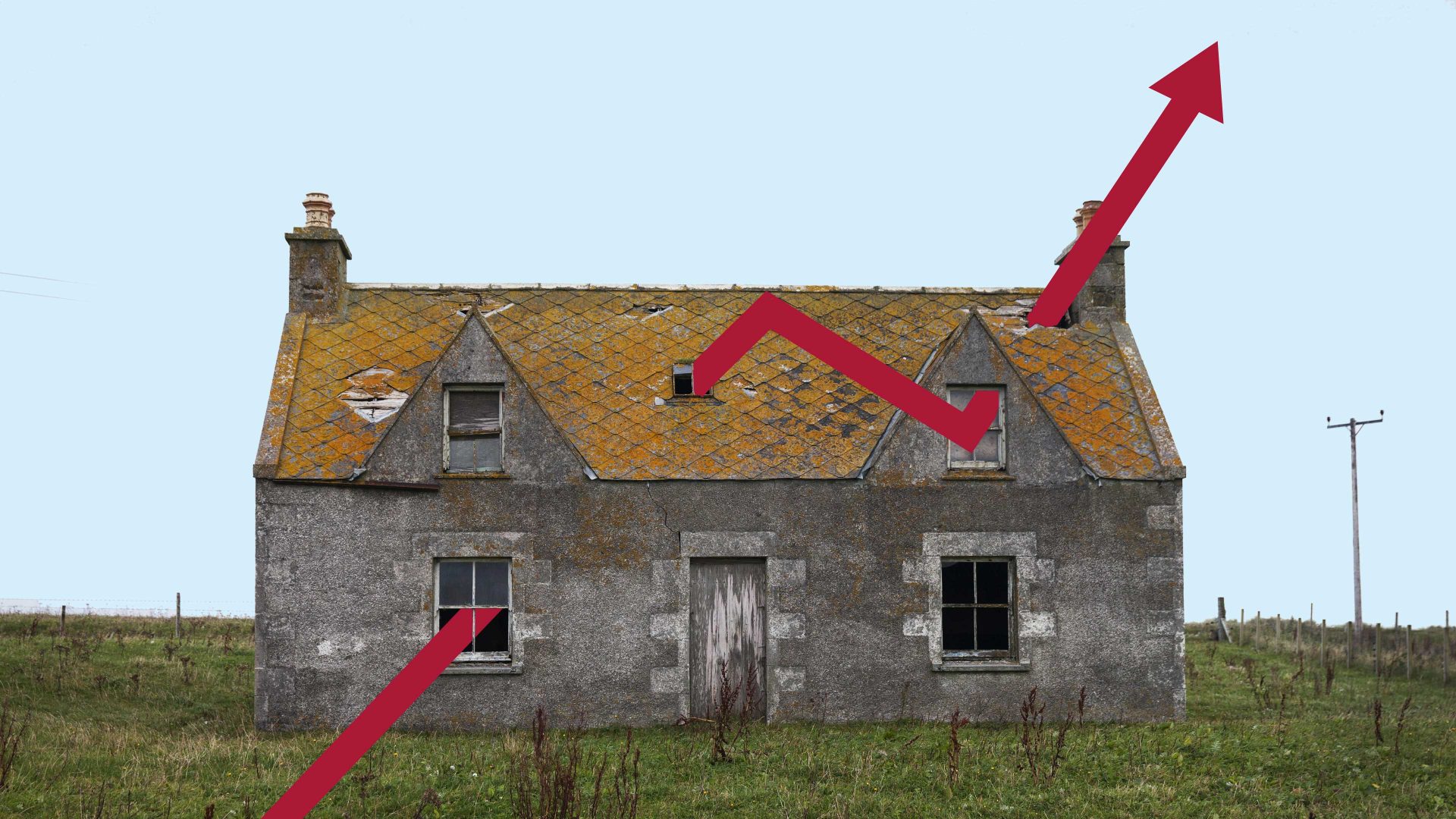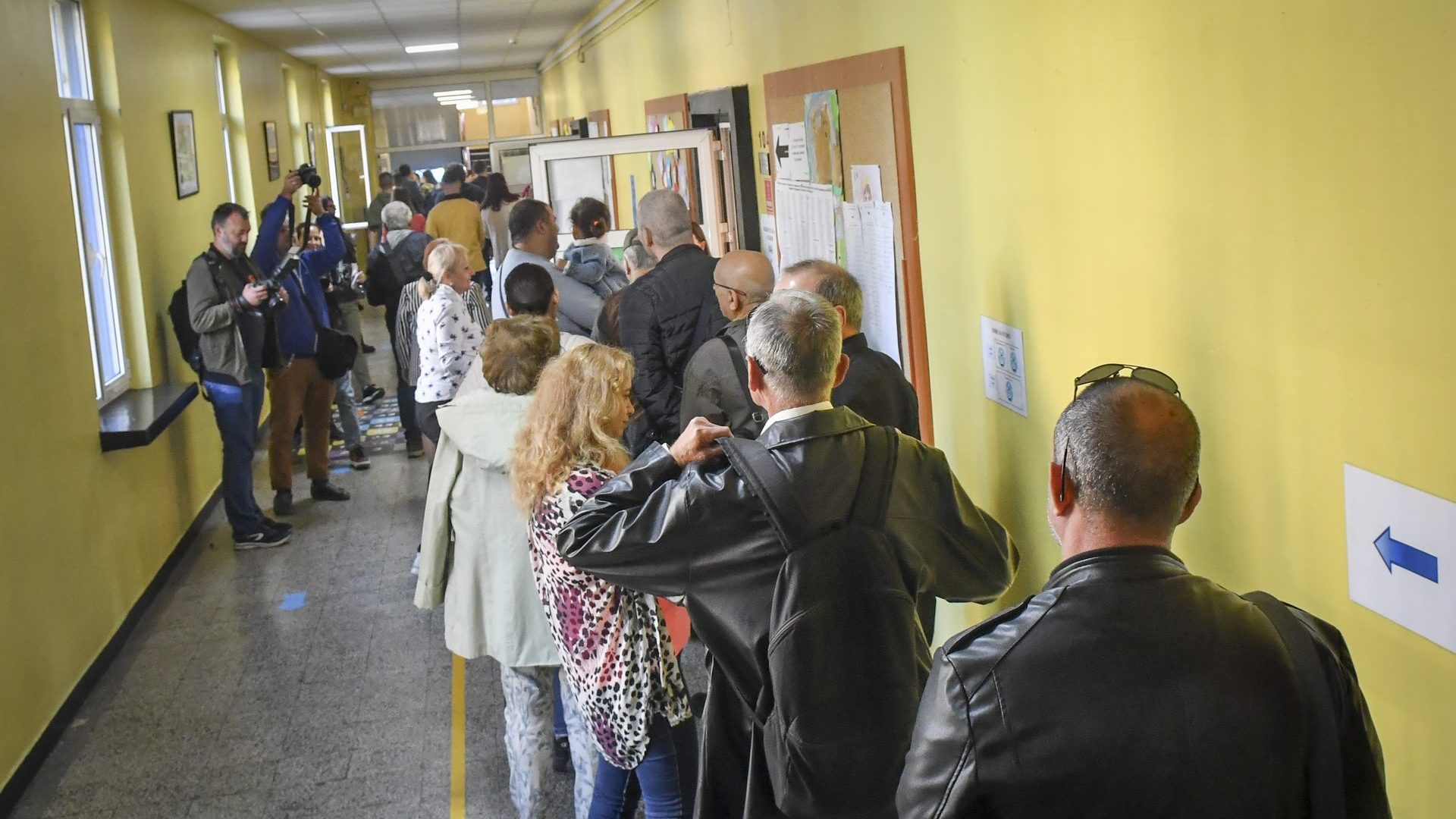“I wouldn’t have thought to encounter problems once I arrived in Europe. I just want a peaceful life,” says Mohammed, 37, who left Egypt with his wife three years ago. After months of waiting for documents, the couple decided to try to reach Italy using fake passports. “At Athens airport, we were stopped; the police thought we belonged to some organisation,” says Mohammed. “I stayed in prison for a few months, while my wife ended up in a camp. Meanwhile, her mother died in Italy,” recalls the young man, sitting in the shade of a laurel on a sunny street in Corinth, an hour from the Greek capital. “Now she is in Milan. Our child will be born in a few months, but my brother-in-law won’t allow her to come back. And I don’t know when I’ll have documents to leave from here,” he adds, covering his gaze behind a pair of sunglasses.
Mina Lanzillotti, the coordinator of Kerapsies community centre in Corinth, says: “We have been here since 2020. Our space offers English lessons, and a ‘shop’ where people can receive free food and clothes. We also have a free rental bike and a medical station managed by Medical Volunteers International, a medical association based in Germany. We also offer legal and psychological assistance, and assist people in bureaucratic procedures.
“Until September, about 550 people lived in the camp; today, there are almost 900. Many come from Afghanistan, Palestine, and Congo,” said Lanzilloti. “The camp is a few kilometres from here, in the middle of the city. If you ask around, though, no one seems to be aware of it. It was supposed to be a transitional place, but there are families waiting to know their fate since 2019,” says the coordinator, before returning to the computer in her office.
A group of NGOs has set up another community centre in Athens, named Meraki. “We are near Platia Amerikis, renamed as Afrikis Square because it is located in a neighbourhood predominantly inhabited by the African community in Greece,” explains Lorenzo Bergia, coordinator of the space. “Athens is a black hole where half of the Greek population lives, mostly with an average salary of €560 per month. At Meraki, we support 1,000 to 1,200 people per month, but with the new arrivals, it’s a disaster,” Bergia says. In the room next to his office, volunteers are welcoming a family. “Refugees live like ghosts, without documents due to failed procedures,” Bergia says. “And at the moment, the number of new arrivals in the city is out of control.”
After a fishing vessel sank off the coast of Pylos in June, Greece recorded the highest number of arrivals since 2017. But according to data collected by the NGO Missing Migrants Project, more than 28,000 people have drowned in the Mediterranean since 2014: 2,480 people have died or disappeared between January and November this year. “On the islands, there are more than 12,000 people. There are no houses, no jobs, and no food. Those who find employment here work unofficially in orange picking and are paid €2 per hour,” says the coordinator.
After arriving in Greece, refugees apply for asylum and are transferred to camps on the islands, or away from Athens. There, they leave their fingerprints and live in detention until, after about a month, they obtain an asylum card and the official title of asylum seeker. “Each person has an asylum card of €70 and can leave the camp. The food there is of poor quality, and if the asylum request is rejected, you no longer have a monthly budget.
“We only cover 20% of the food demand, and there are many single women and mothers reporting violence,” Bergia says. “We face an insurmountable system, but every day we try to do our best with the few resources we have.”



